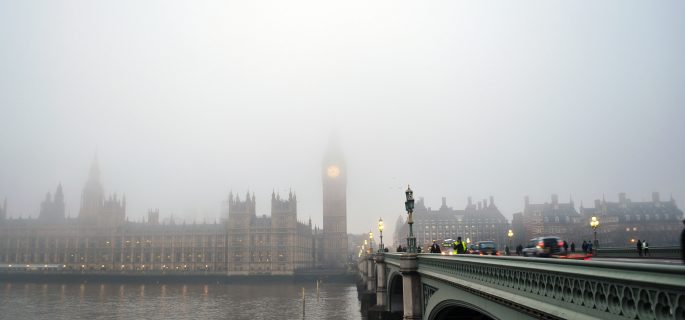Who are the Winners and Losers of the Spring Budget?

While budget announcements are scarcely thrilling events, it’s fair to say that Chancellor Philip Hammond’s spring statement was even less enthralling than usual.
His budget speech did manage to polarise opinion in Parliament and the private sector, however, as while Hammond himself celebrated upgraded growth projections and a recent decline in inflation, Labour officials accused him of “astounding complacency” in the face of the worst public spending crisis in living memory.
With this in mind, who were the winners and losers of this years’ spring budget? Let’s take a look:
The Winners
Given the nature of the economy at present, it would have been optimistic in the extreme to expect that there would be significant winners in the budget statement.
Still, there was a positive nod towards sustainability and clean energy in Hammond’s speech, particularly in relation to future policies that are being considered by the government. One of these is a reduction in tax for the least polluting vans, which will incentivise hauliers and white van drivers to go green.
Similarly, we may also see a tax imposed on single use plastic, which would represent a new frontier in the war against non-recyclable products.
Small and struggling businesses may also benefit in the longer-term from the Chancellor’s statement, with Hammond proposing an innovative plan that will empower such entities to learn from the most productive firms.
The Losers
Unfortunately, it is the poorest in society who are likely to bear the brunt of the current economic climate, with Hammond suggesting that austerity was unlikely to end any time soon. Of course, he hinted at possible spending rises in the future, but without further clarity or definition we should not expect an increase in expenditure any time soon.
The issues facing the poorest in society are likely to be compounded by the ongoing spectre of Brexit, which consumed a great deal of Hammond’s speech. So to did the revelation from the Office for Budget Responsibility (OBR) that the so-called Brexit divorce bill will cost the UK an estimated £37.1 billion, which is money that will subsequently be diverted from the economy and public services.
As well as impeding UK growth in the near-term, this is sure to alert forex traders and spread-betting enthusiasts, with the pound likely to depreciate in the aftermath of another strained budget statement.
The Last Word
All in all, this is not a budget statement that is likely to create positive sentiment in the economy, nor is it one that will boost the pound.
Instead, it is sure to come under fire for the continuation of austerity, which has been placed into greater perspective by the announcement of a huge, Brexit divorce bill.




























